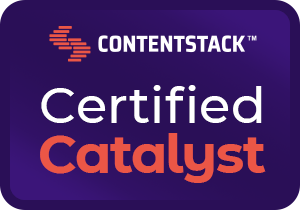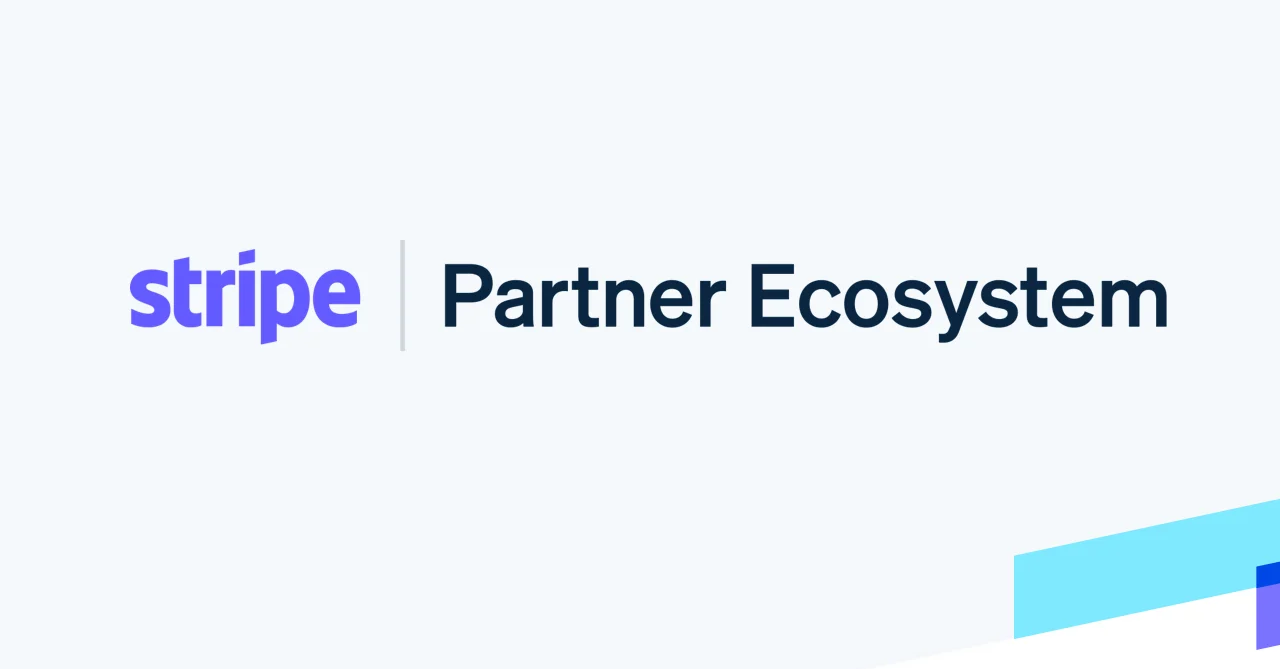When You Can't Bootstrap
2023-08-02
Bootstrapping is worn as a badge of honor these days amongst startups. Building a sustainable business from day one used to be an anomaly amongst tech startups. Given the current VC funding environment, I'm hearing a lot more founders say they plan to bootstrap their company. The problem is there isn't the overabundance of advice on how to go about this.
The reality is that most founders plan to offer their software at a price point, that when they do the math, puts them years away from being able to pay themselves a livable wage no less an entire team. Factor in things like taxes, health insurance, equipment and the overhead of running the software itself and bootstrapping starts to look as impossible as putting humans on the sun.
If you're like me, you have a career you're excelling in, a house, a car, and a family that all depend upon your income. You can't exactly tell your spouse and kids it's ramen and peanut butter and jelly for the next few years while you go live your dream. That being said, many founders somehow make it work. In fact, my own company, Cause of a Kind, is bootstrapped.
What's a good bootstrapped business?
Many bootstrapped companies start as service businesses. 37 Signals and Mailchimp, both famous bootstrapped companies, started as service based businesses that evolved into their respective software solutions. Service based companies are great candidates for bootstrapping because you aren't taking a moonshot on some zero to one idea. For example in our business, we can be reasonably assured that people are going to be hiring agencies to build software for decades. Even if AI or some other technology changes how we do that, the demand continues to grow.
When it comes to bootstrapping, service businesses are great. They are also great starter businesses for first time entrepreneurs as you learn to manage things like profit and loss, cash flow, people, and the myriad of other things that come up as a business scales. So you take on less risk in terms of your idea for a business being garbage, but you also learn the ins and outs of being a business owner while you do it. As you grow, and profits grow, you can often funnel those profits into a pure software play, bootstrapping it as part of the business. I think this model is a perfect play book for bootstrapping and one that Basecamp and others have used successfully.
When you can't bootstrap...
Now what if you have an idea for a platform, or marketplace, or SaaS tool and you have solid validation that this idea is going to be THE one. You don't have time to take the slower road of building a service offering, amassing capital, then pivoting into your software play. Maybe you have a family, a spouse, kids, a few pets, and a bunch of other obligations that prevent you from just taking the leap and sleeping on your buddy's couch in Palo Alto.
To me this is the biggest shame of the lore coming out of Silicon Valley. Would-be founders that are at the height of their careers and at the height of their lives are not able to ask their families rough it for a few years while they go after their dream. If this sounds like you, you are likely looking for some venture capital so you can take the shot without putting your family in crisis. The good news is, there are ways for founders to overcome this.
In the above scenario these founders usually have their mature careers on their side. They make great money at a larger company and provide a good life for their families. That experience will usually be a major advantage when it comes to pitching VC's why you're perfect to execute this idea. Young founders get a lot of attention, but they are also quite risky bets. A bit of maturity and expertise goes a long way when you're investing in someone for the long haul. Older founders should use this experience and maturity to their advantage when raising money.
The problem is, nobody wants to invest in a founder with a job and a deck they built out on the weekend. In the current climate, VC's are looking to invest in companies that have something built and ideally have paying customers using the platform. This also goes a long way when it comes to preserving your own equity. You'll get a better valuation with revenue than without. The issue is, how are you supposed to build that MVP and get customers between your job, your family, and taking care of yourself?
Bootstrapping your MVP
What I recommend in this case is to treat your day job as your seed round. Set aside some money and use that to validate your market, earn customers, and self-fund the initial MVP of your product. The goal being to get some paying customers using your MVP before you go out and fundraise. It also shows your commitment to the idea. It answers the question, "if you wouldn't put your own money into this idea, why should I?" Well you did put your own money into the idea, you learned there was a market for it, and you have revenue coming in--it's just not enough to quit your day job yet. This is why you're coming to a VC. By allowing you to focus on this full time, this business can get to the next level.
Two side effects of maintaining your day job and using your hard-earned money is your time will be limited and the economics will mean a lot more to you. In order to maximize your time, you'll need to deploy more scaleable processes early on. This will mimic the feeling when your business has grown beyond your ability micromanage every aspect of it. Many founders have trouble with delegation and trust. You will have no choice but to cast those fears aside. When it comes to the economics, nothing hurts like losing your own money to poor decisions. You'll have to learn to dust yourself off and keep going, but you'll truly respect every dollar the business spends. When you do receive that VC money, you'll already be in the habit of using money wisely and thinking twice before deploying cash as a solution.
The Fundraise
By successfully bootstrapping your MVP, you're ready to raise that round, cut the golden handcuffs, and take the plunge into the world of entrepreneurship. The best part is your chances of raising capital are far greater having made it to this point on your own. The reality is bootstrapping isn't going to be possible for may people in the prime of their careers and lives. You have responsibilities, but you don't need a VC to fully fund you on day one to realize your dream. You can build the business on the side and get it to a healthy place. From there you can effectively raise capital, pay yourself a reasonable salary, and take things to the next level.
In the end bootstrapping and venture funding aren't two mutually exclusive options. You can leverage bootstrapping early on and get the funding you need later to take your business to the next level. The lessons you learn bootstrapping force you to level up your experience in ways someone who raises a plethora of cash early on will not need to comfront until later. VC's will recognize your own commitment to the business and that will weigh in your favor when it comes time to writing a check.




